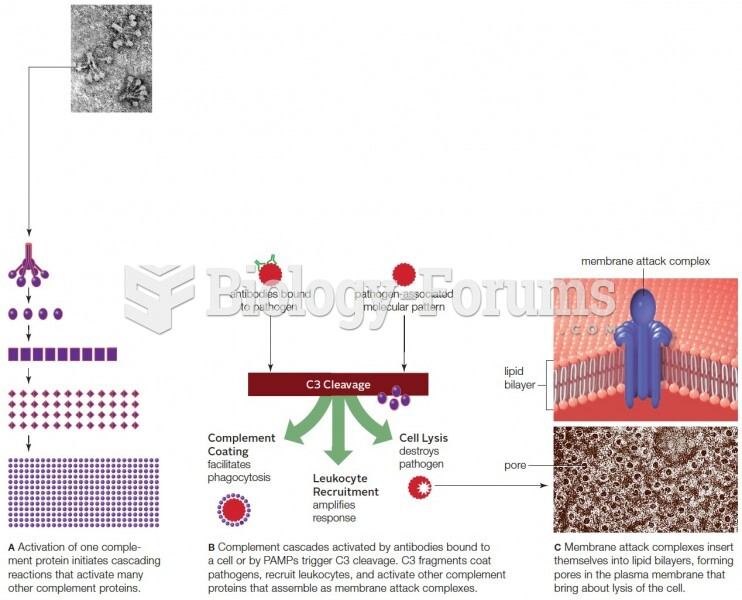Answer to Question 1
A
Standardizing the language of nursing diagnoses (NANDA-International taxonomy) improves interoperability among computer systems and software programs. Although improving interoperability and interprofessional communication through the use of standardized languages indirectly improves patient safety, the primary purpose of the National Patient Safety Goals is to improve patient safety. The Quality and Safety Education for Nurses (QSEN) Initiative was designed to guide future nurses with the knowledge, skills, and attitudes (KSAs) necessary to provide quality and safe patient care within the healthcare systems in which they work. The Patient Bill of Rights advocates for protection of patient information, fair treatment, and autonomy over medical decisions, among other rightsrather than standardizing nursing language.
Answer to Question 2
B
Utilitarianism is a consequentialist theory that takes the position that the value of an action is determined by its usefulness. The surgeon believes that providing TPN to a terminally ill patient is useless, because it will not prevent her death, and furthermore that it does not achieve the greater good. Other patients with a better prognosis would benefit from the TPN. An ethics of care is a nursing philosophy that directs attention to the specific situations of individual patients viewed within the context of their life narrative. Deontology considers an action to be right or wrong independent of its consequences. The surgeon is guided by the usefulness of the act, not one of duty. A categorical imperative is a principle, established by Immanuel Kant, that states that one should act only if the action is based on a principle that is universal.







